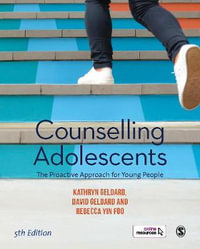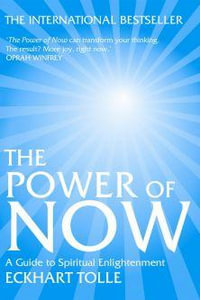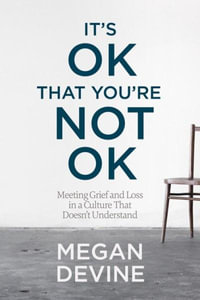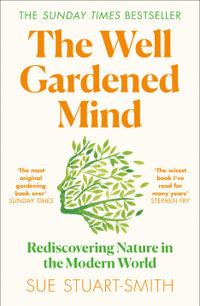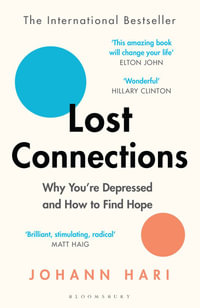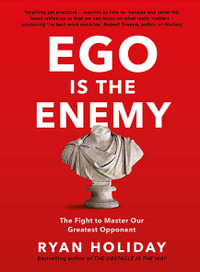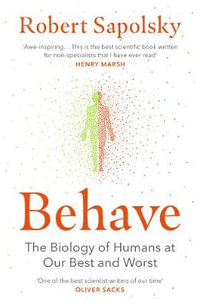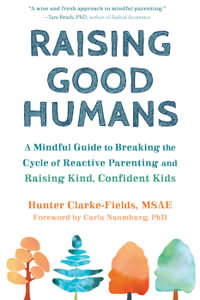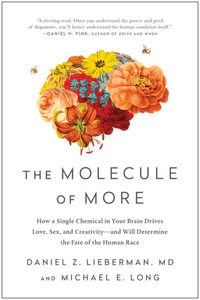The unconscious, cornerstone of psychoanalysis, was a key twentieth-century concept and retains an enormous influence on psychological and cultural theory. Yet there is a surprising lack of investigation into its roots in the critical philosophy and Romantic psychology of the early nineteenth century, long before Freud. Why did the unconscious emerge as such a powerful idea? And why at that point? This interdisciplinary study breaks new ground in tracing the emergence of the unconscious through the work of philosopher Friedrich Schelling, examining his association with Romantic psychologists, anthropologists and theorists of nature. It sets out the beginnings of a neglected tradition of the unconscious psyche and proposes a compelling new argument: that the unconscious develops from the modern need to theorise individual independence. The book assesses the impact of this tradition on psychoanalysis itself, re-reading Freud's The Interpretation of Dreams in the light of broader post-Enlightenment attempts to theorise individuality.
Industry Reviews
'... persuasive, well argued and intellectually ambitious - this is an impressive piece of work.' Matthew Bell, King's College London
'... an impressive contribution to the history of philosophy and the history of psychoanalysis.' John Forrester, University of Cambridge
'It has long been recognised that Freud did not discover the unconscious and that the modern concept originated in philosophy not psychology. In his meticulous work, Ffytche traces the concept back to the German idealist philosopher Friedrich Schelling. Most original is the argument that the concept served a political function: to confer moral autonomy on the individual. Brilliant.' Robert A. Segal, The Times Higher Education Supplement
'Ffytche's excellent book sets a new standard for philosophically sensitive historical writing on the concept of the unconscious.' Tom Eyers, Radical Philosophy
'A thoughtful and intricate historiography of the unconscious ... Ffytche's study will be useful to researchers and postgraduates engaged in contemporary theoretical speculations about the relationship between concepts of subjectivity, political life and the legacy of the Enlightenment.' Booknotes









